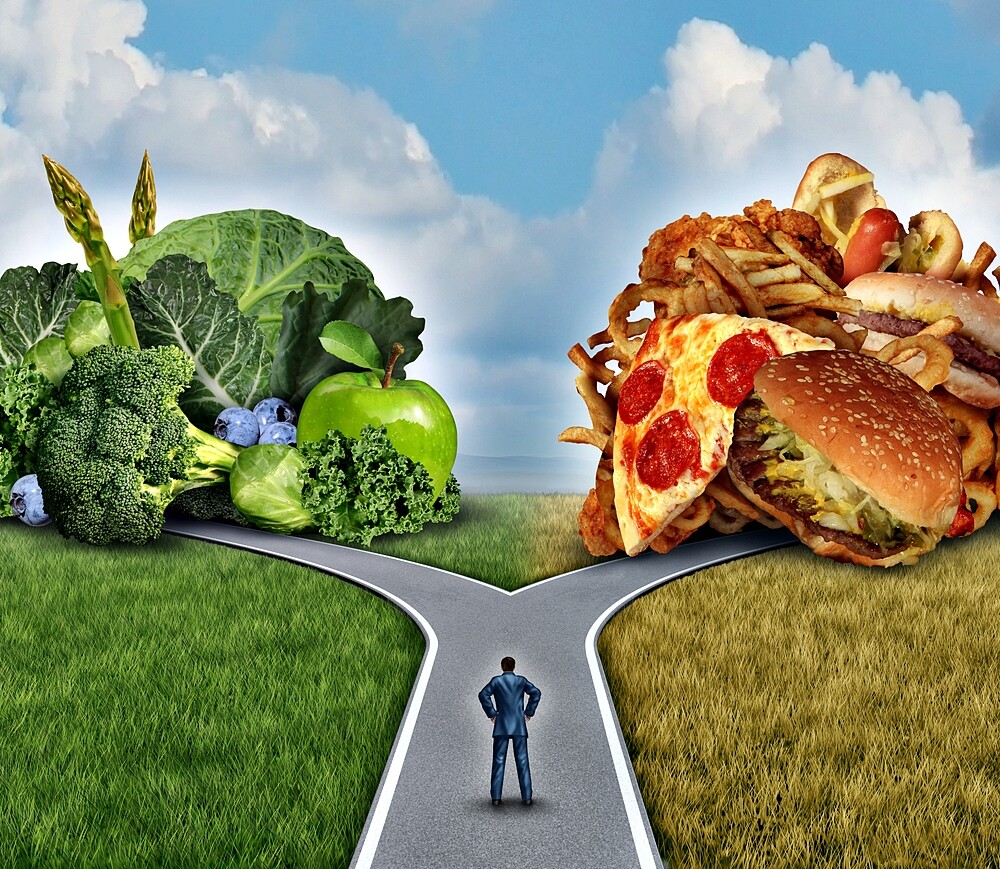People who often suffer from diarrhoea and constipation can be affected by irritable bowel syndrome. You can find out here which diet can help with irritable bowel syndrome.
Background
People who have problems with irritable bowel syndrome often do not know what they can do about the symptoms. The following symptoms, among others, can occur:
- Abdominal pain
- Nausea
- Diarrhoea
- Constipation
- Flatulence
Where drugs usually fail, an adjustment of food can bring about a relief of symptoms. Of course there is no guarantee for this, but the following foods and information might help you.
What can I do?
- It is important that you eat regular meals in rather small portions. Make sure to eat and chew consciously. In any case, avoid eating meals when you are stressed or hectic.
- Drink enough water (and tea if necessary) throughout the day to combat constipation and reabsorb lost fluids.
- You should keep a close eye on your diet to see which foods are ingested and how they are processed. It is better to avoid foods that cause flatulence, such as legumes or very fatty foods, if you are experiencing symptoms. Dairy products, coffee and alcohol are also poorly tolerated by the intestines.
- The so-called FODMAP diet was designed to find out exactly which foods work and which don’t for those affected. In the diet, certain foods are tested in different phases in order to find a diet with individual tolerance. Food is differentiated here by a high and low FODMAP content.
What should I eat now?
- Selected fruits (pineapple, banana, blueberries, strawberries, raspberries, passion fruit, orange, grapes, lemon, kiwi lime)
- Selected vegetables (aubergine, broccoli, fennel, cucumber, carrots, kohlrabi, leek, corn, olives, peppers, Brussels sprouts, red cabbage, spinach, tomatoes, zucchini)
- Lactose free dairy products
- Cereals (rice, oats, millet, quinoa, amaranth)
- Proteins (meat, fish, nuts, eggs, seeds)
- Dark chocolate
- Drink water and tea
Which foods to avoid?
- Selected fruits (apple, apricot, pear, blackberry, grapefruit, cherry, mango, mirabelle, nectarine, peach, watermelon, plum)
- Selected vegetables (artichoke, cauliflower, peas, beans, garlic, leek, lentils, mushrooms, beetroot, soybeans, asparagus, onion, savoy cabbage)
- Regular dairy products
- Cereals (wheat, rye, white bread, noodles)
- Sweets, artificial sweeteners
- Fruit juices, beer and carbonated drinks
3 practical tips
- Leave out the wheat: Since people suffering from irritable bowel syndrome often cannot tolerate gluten, a wheat-free diet can be tested, at least temporarily. Wheat contains problematic oligosaccharides. Fruit and vegetables as well as gluten-free cereal products can provide you with alternative foods with sufficient nutrients.
- Consult a doctor: Before you change your diet completely, you should consult a doctor. He or she can diagnose lactose or fructose intolerance or gluten intolerance, for example. However, it is not possible to predict the reaction to foods with high fodmap content. It therefore makes sense to test them for about four to six weeks and see how your bowel reacts to them.
- Fructose as a critical factor: Nowadays there are more and more foods that are modified with fructose (fructose). People who suffer from symptoms such as diarrhoea or constipation have a weak intestine that can hardly digest fructose. Therefore, foods with a low fodmap content are to be preferred in case of complaints.

